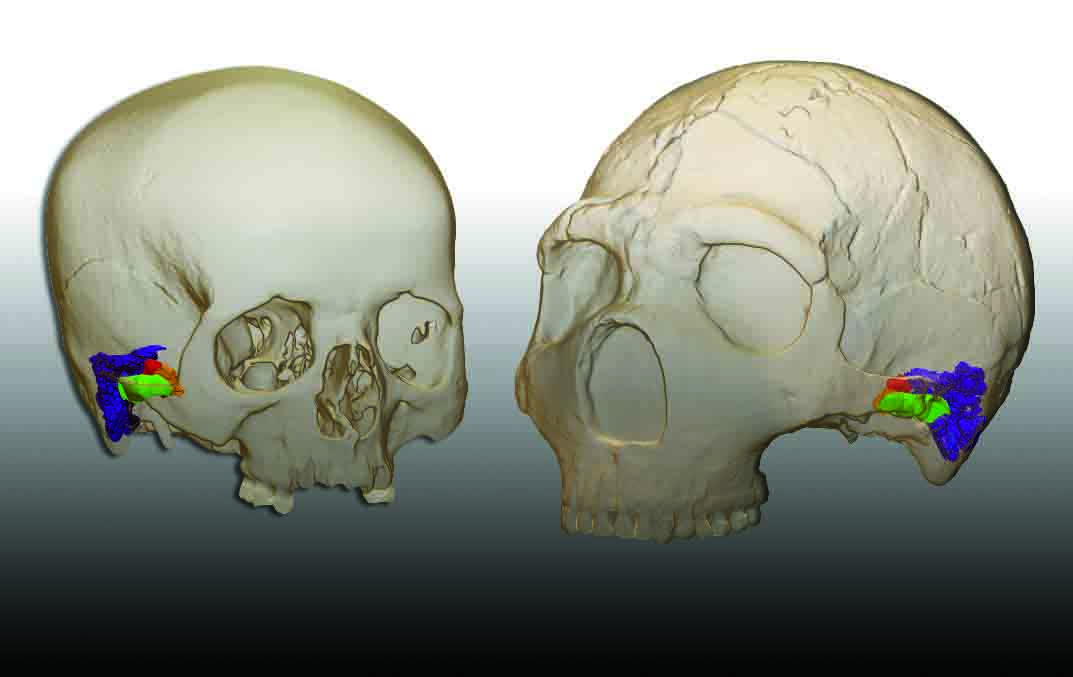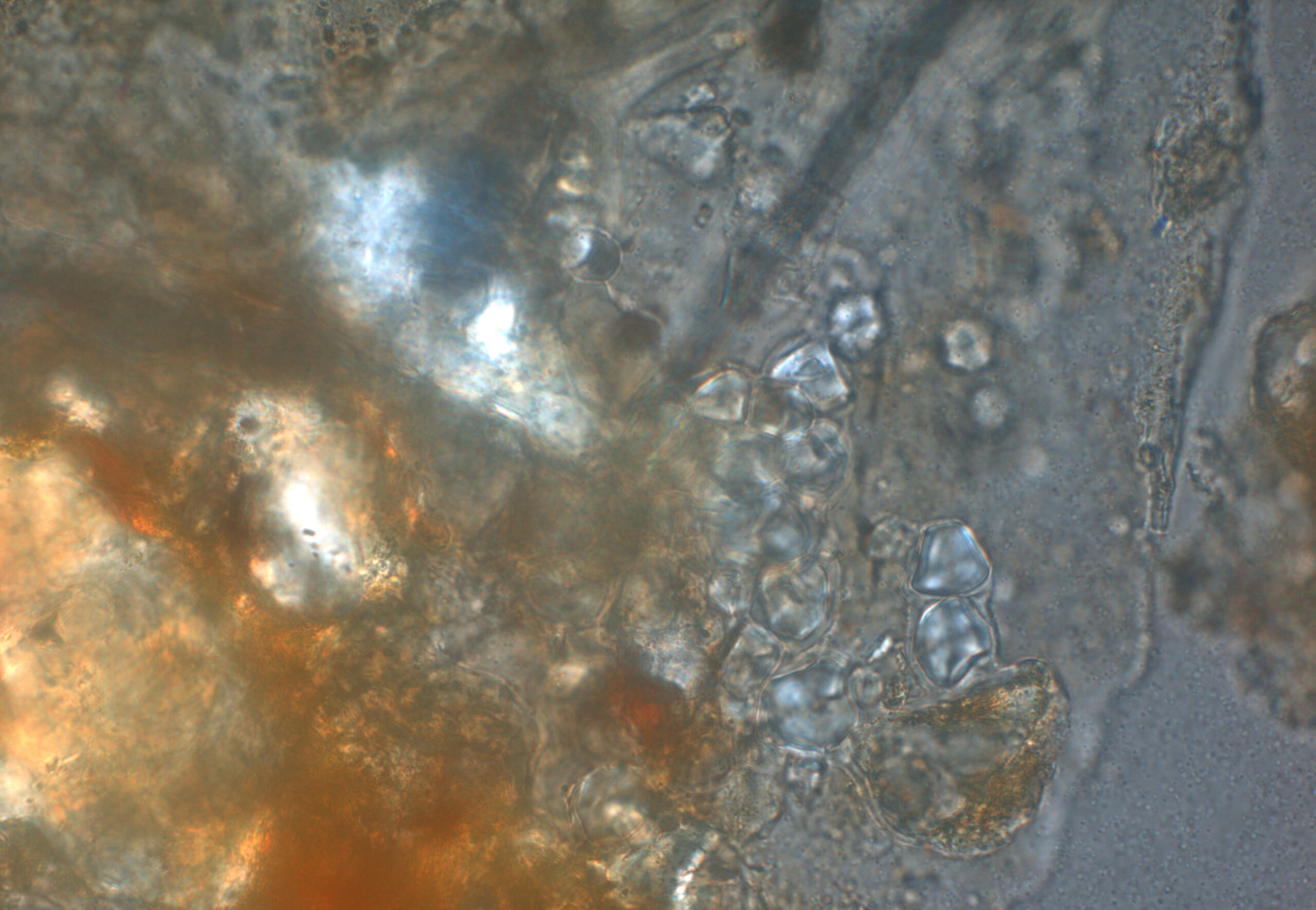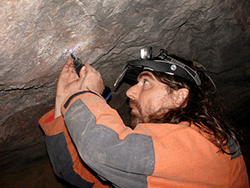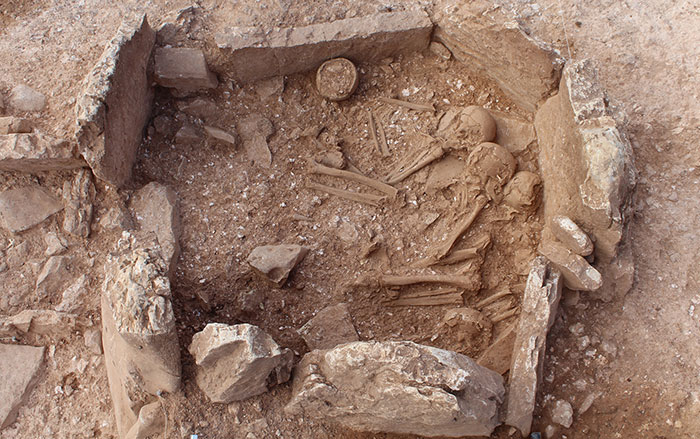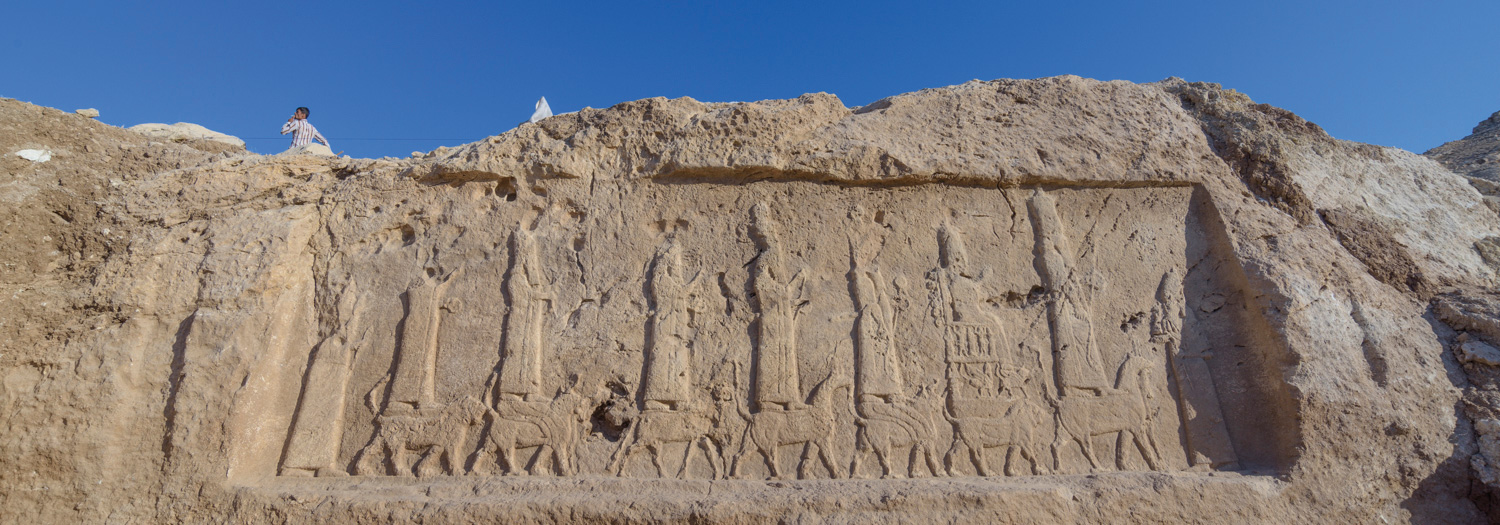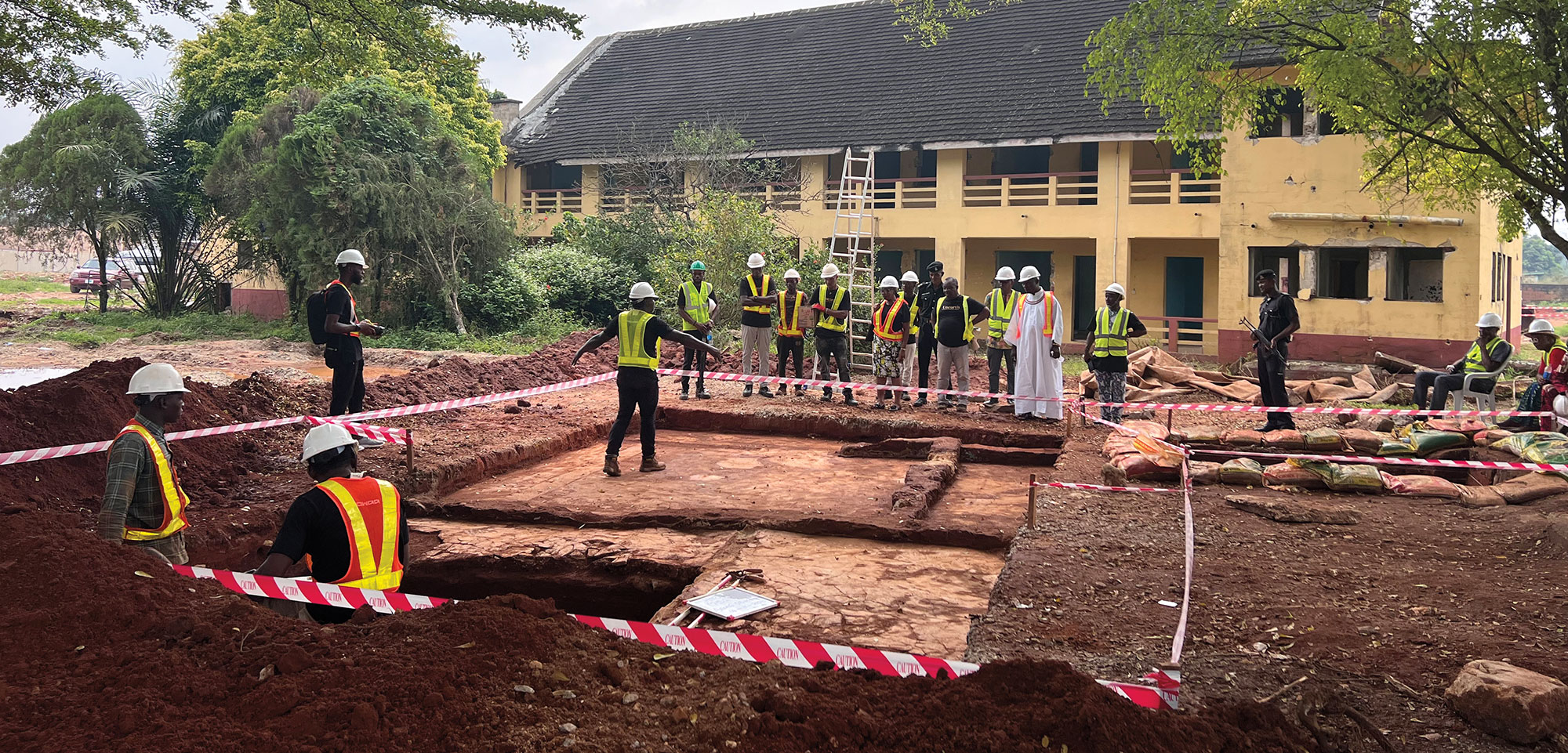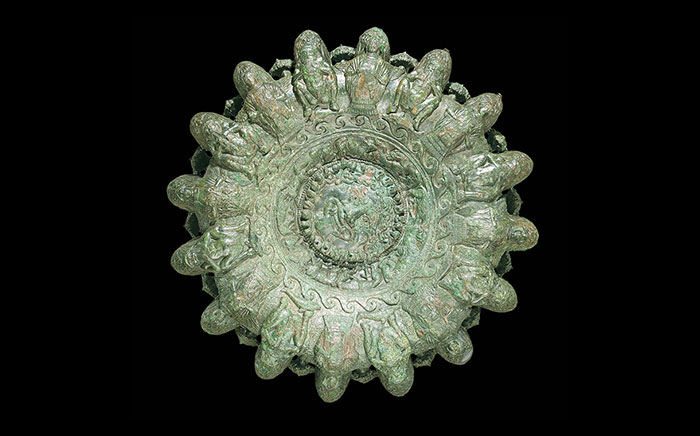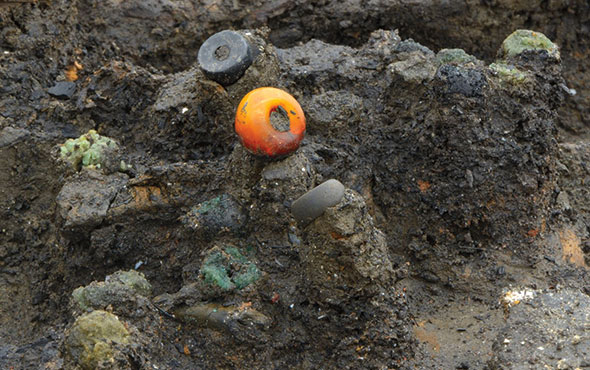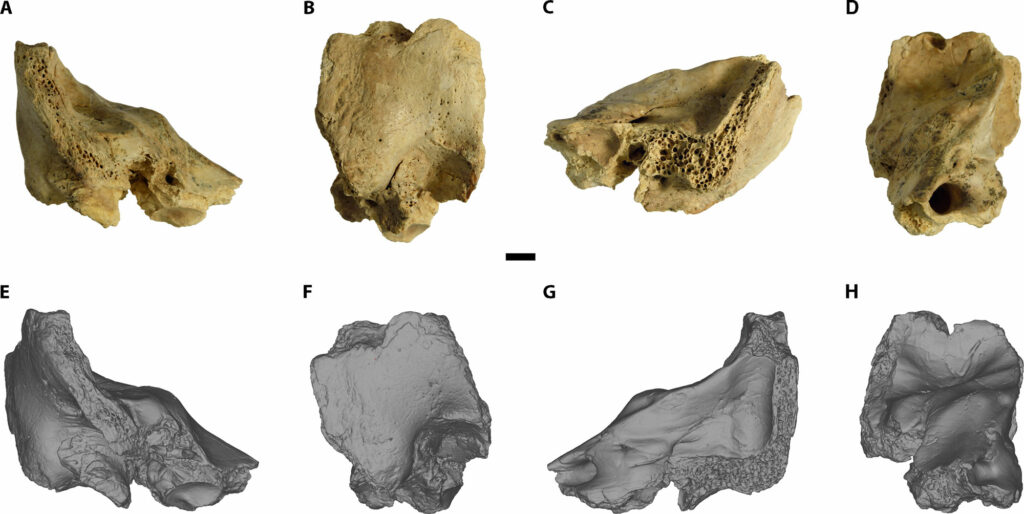
ALCALÁ DE HENARES, SPAIN—High-resolution scans of tiny inner-ear bones recovered from eastern Spain’s Cova Negra revealed anomalies suggesting that they belonged to a six-year-old Neanderthal child born with Down syndrome, according to a Science Magazine report. Down syndrome is caused by an extra copy of chromosome 21, and can cause health issues, developmental delays, and hearing loss. Paleoanthropologist Mercedes Conde-Valverde of the University of Alcalá and her colleagues think that such a condition would have required a great deal of care, involving complex planning and abstract thought, for the child to have survived to age six. “It’s important, because so far in the debate about care in Neanderthals, we only have adult individuals,” she explained. The scientists will attempt to recover DNA from the remains to confirm the diagnosis. Read the original scholarly article about this research in Science Advances. To read about reconstructions of the inner-ear anatomy of fossilized hominins from Spain, go to "Neanderthal Hearing."



